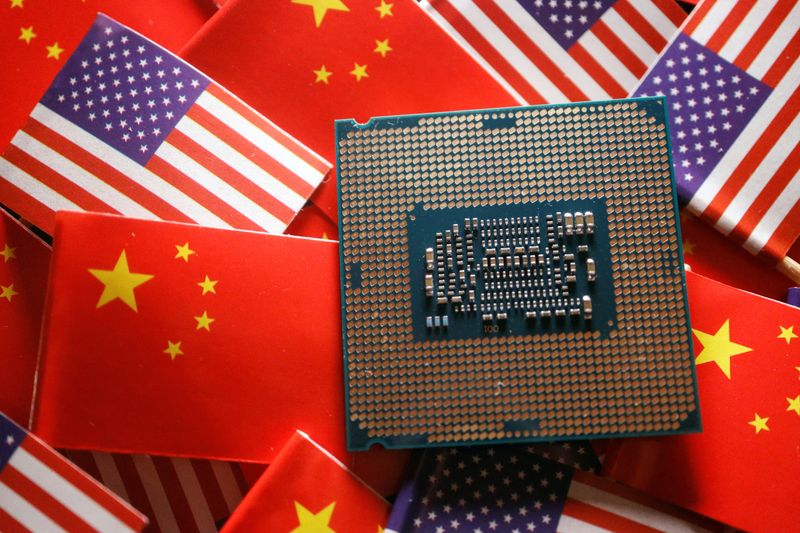A U.S. official is visiting Japan after meeting with the Dutch government to urge tighter restrictions on China’s semiconductor production capabilities, sources told Reuters.
Alan Estevez, the U.S. export policy chief, is seeking to expand a 2023 agreement to restrict chipmaking equipment to China that could enhance its military. Estevez’s trip aims to bolster the pact between the U.S., Japan, and the Netherlands.
In response, Chinese foreign ministry spokesperson Lin Jian condemned the U.S. for “coercing other countries and suppressing China’s semiconductor industry,” warning that such actions hinder global semiconductor development.
The Dutch foreign ministry confirmed Monday’s meeting with U.S. officials, while Japan’s industry ministry declined to comment on diplomatic interactions.
The U.S. first imposed restrictions in 2022 on advanced chips and equipment shipments to China from companies like Nvidia and Lam Research. In line with U.S. policy, Japan and the Netherlands later imposed similar restrictions on their chipmaking equipment exports.
The U.S. is now discussing adding more Chinese chipmaking factories to the restricted list and controlling additional equipment. A spokesperson for the U.S. Commerce Department declined to comment.
ASML, a major Dutch chip equipment maker, expects to service most of its equipment in China through 2024, despite U.S. restrictions. However, the Dutch government has yet to agree to U.S. requests for further service limitations.
A new right-wing Dutch government, set to take office in July, may complicate any significant changes to export restrictions.
Last year, Chinese telecom giant Huawei released a phone powered by a sophisticated chip, symbolizing China’s technological resilience despite U.S. sanctions.










